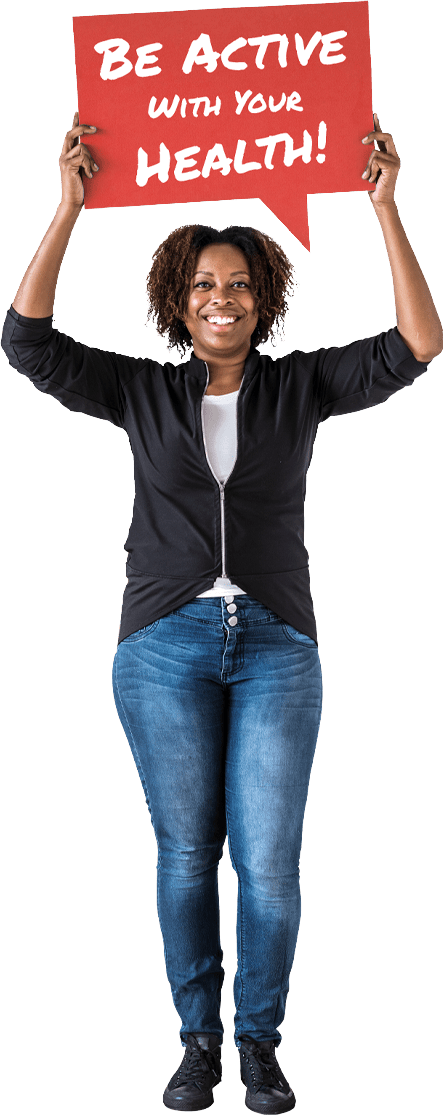If you’ve had some time away from the gym due to an injury, increased demands in other areas of life, or you quite simply fell off the gym wagon, getting back into an exercise routine can be both exciting and daunting. However, It’s important to be aware of a few key things before you hit the weights again to make sure you stay safe and healthy.
What to know before you hit the weights again

Start slow and gradually increase intensity
It’s tempting to jump right back into your previous workout routine, but it’s important to start slow and gradually increase intensity. Your body needs time to readjust to the stress of exercise, and if you go too hard too fast, you risk injury and burnout. Start with lighter weights and fewer reps than you did before your break, and slowly work your way back up. Give yourself time to build strength and endurance before pushing yourself too hard.

Pay attention to your body
As you start exercising again, pay close attention to how your body feels. If you experience pain or discomfort, don’t ignore it. This could be a sign of injury or strain, and pushing through it could make things worse. Listen to your body and adjust your workout as needed. If you feel tired or sore, take a break and give your body time to recover. It’s better to ease back into exercise gradually than to risk injury by pushing too hard.

Stay hydrated
When you’re working out, it’s important to stay hydrated. Make sure you drink plenty of water before, during, and after your workout. If you’re sweating heavily, you may need to drink even more to replace lost fluids.

Warm up and cool down
Before you start your workout, take the time to warm up properly. This can help prevent injury and prepare your body for exercise. Spend a few minutes doing some light cardio or stretching to get your blood flowing and your muscles warmed up. After your workout, cool down by doing some light stretching. This can help reduce muscle soreness and improve flexibility.

Practice good hygiene
In the current climate, it’s more important than ever to practice good hygiene when you’re at the gym. Make sure you wipe down equipment before and after use, and wash your hands frequently. If you’re feeling unwell, it’s better to stay home and rest than to risk spreading germs to others at the gym.

Consider a personal trainer
If you’re feeling uncertain about how to get back into exercise after a long break, consider working with a personal trainer. A trainer can help you create a workout plan that’s tailored to your fitness level and goals, and can provide guidance on proper form and technique to help prevent injury.

Take rest days
Finally, it’s important to take rest days. Your body needs time to recover and repair after exercise, and overtraining can lead to burnout and injury. Plan your workouts so that you have at least one or two rest days each week, and listen to your body if you feel like you need more time to recover. Returning to the gym after a long break can be challenging, but it’s important to remember that fitness is a journey, not a destination. Take it slow, be patient with yourself, and focus on building a healthy exercise routine that you can sustain over the long term. By following these tips and staying committed to your fitness goals, you can enjoy all the benefits of exercise and achieve the results you’re looking for.
The first step to owning your health
Unsure where to start or which practitioner to see? Book a Free 15 Minute Discovery Consultation to speak with one of our experts today.
15 minute consultations are about you. There’s no high pressure sales pitches, no catches or hidden fees & absolutely no obligation to book a treatment.

Associations














